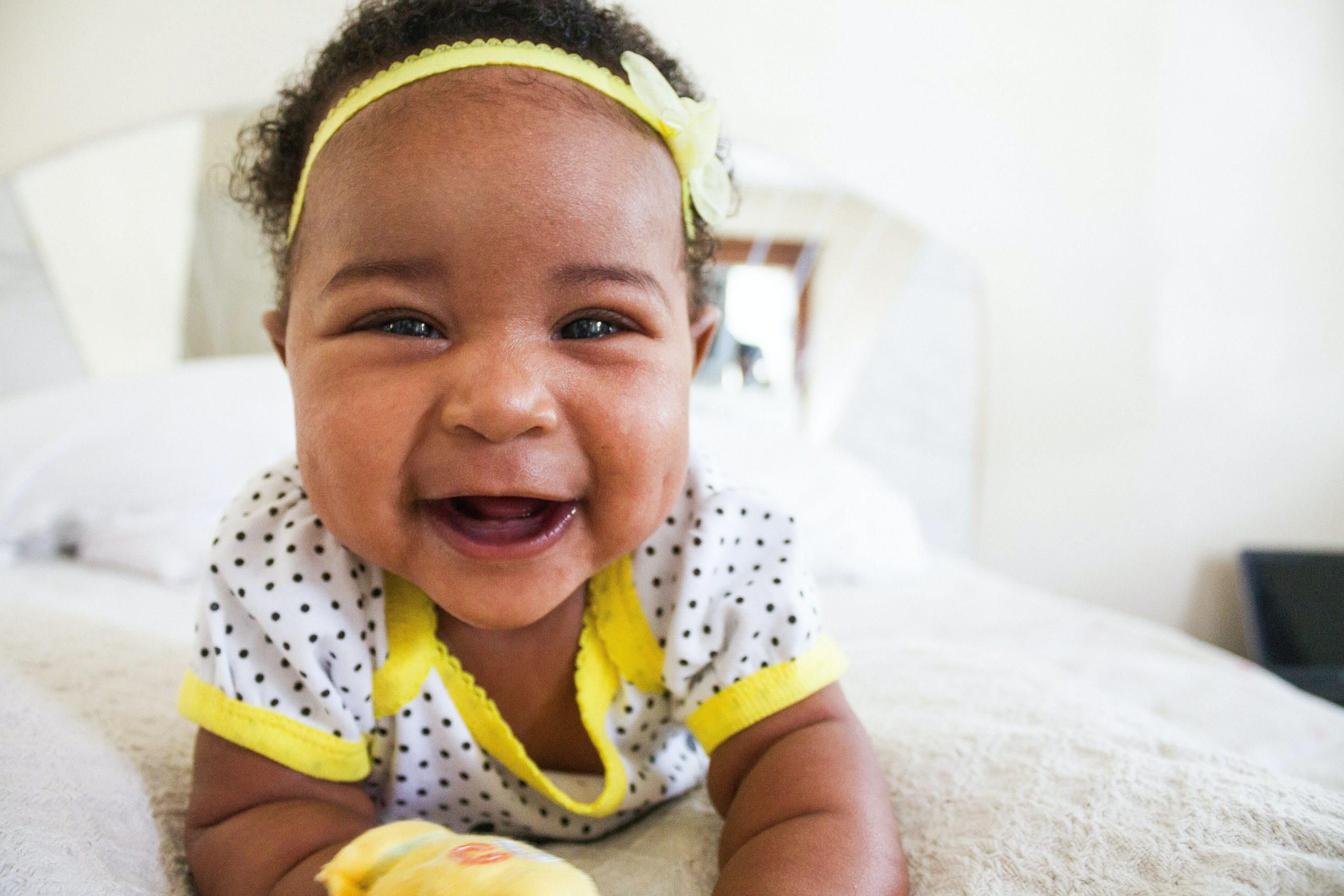Ofsted have recently published a part 2 of their ‘Best start in life’ report, which aims to support early years practitioners in raising the quality of early years education. This part of the review draws on research to identify the features of an effective curriculum for the Prime Areas of the EYFS, which are:
1. Communication and language
2. Physical development
3. Personal, social and emotional development (PSED)
We all know that a strong educational foundation in the early years gives children the best possible chance of a happy, healthy, and successful life. The prime areas are vital as they underpin learning and development in all other areas (including the Specific areas, which are being covered in part 3 of the report).
The statutory framework for the EYFS says they are ‘particularly important for building a foundation for igniting children’s curiosity and enthusiasm for learning, forming relationships, and thriving’.
To summarise the findings of the report:
• Children develop holistically and the prime areas are interlinked. For example, as a young child develops early physical movements, such as gesturing and pointing, then they can start communicating wants and needs. Gestures are a building block for speech and communication, and also help with engaging with others and building relationships.
• Communication and language are fundamental to every aspect of a young child’s thinking and learning. Regular high-quality interactions with practitioners and other adults is hugely beneficial to a child when developing communication and language skills. Practitioners should make the most of every opportunity to interact with a child; helping them learn and practice new words and communication skills. Practitioners should focus on quality interactions and not the length of time spent in each one. What useful thing are they bringing to the moment?
• Practitioners play an important role in helping children to understand and manage their emotions and relate positively to their peers. Warm and supportive relationships between practitioners and children, and practitioners and families, are key here. ‘Developing executive functioning in the early years helps children learn and form positive relationships when they start school’.
• A child who is provided with opportunities to engage in physical activity, and is encouraged to be physically active in their early years is more likely to participate in and enjoy physical activity and sport in later life. Practitioners need to teach young children movement skills like balancing, jumping, and catching.
• High-quality interactions are central to effective early education, and practitioners need to understand the importance of these interactions and be appropriately skilled and knowledgeable about how best to communicate with young children
• Professional development should be prioritised by managers and leaders – ‘The most effective settings also invest in high-quality professional development and a well-qualified staff team’
• Play is fundamental to the prime areas of learning
The report places a huge emphasis on communication and language. The importance of the other Prime Areas is also discussed in the report, but Ofsted states ‘every early education setting should prioritise communication and language’. This is because communication and language underpin all other areas of learning in the EYFS framework, and children typically learn and share what they know through oral communication and language before they can read and write.
You can read the report here to learn more.
You may also wish to read an analysis of the report from the sector by June O’Sullivan, CEO of LEYF Nurseries. Developing Children’s Knowledge and Skills with Ofsted’s NEW Report
The Ofsted report highlights the importance of investing in professional development for early years practitioners. Laser Short Courses offers 150+ CPD courses written by experts and endorsed by NCFE CACHE. Many of our courses cover important topics in early education and topics related to the Prime Areas, such as:
• Communication and the EYFS
• EAL in the early years
• Play is fun-damental to learning and development
• Personal, Social and Emotional Development (PSED) in the early years
• Nurturing development in the Prime Areas of the EYFS (0-3 years)
A nursery setting can get unlimited access to all of our short courses for £50 a month. Get in touch with us to ask about how Laser Short Courses can help your nursery develop skills, knowledge, and confidence online.
Call us: 01753 584 112 (8am – 5pm)
Email us: info@lasersys.co.uk



